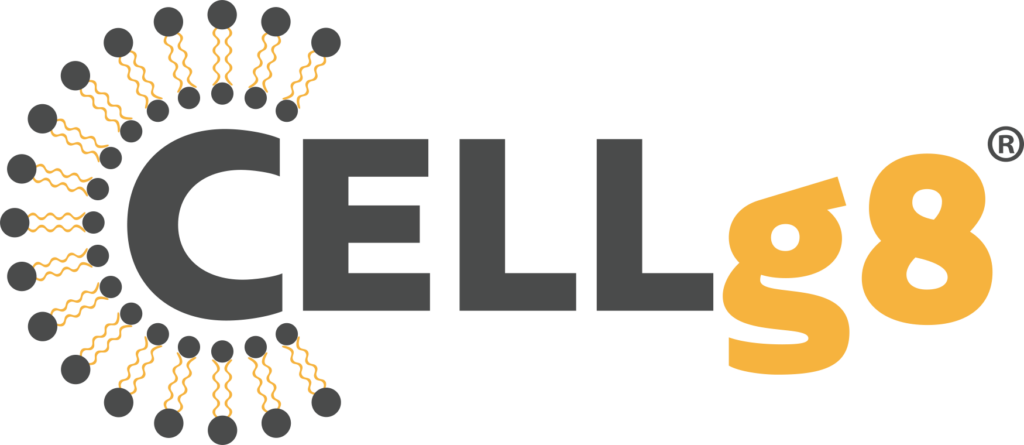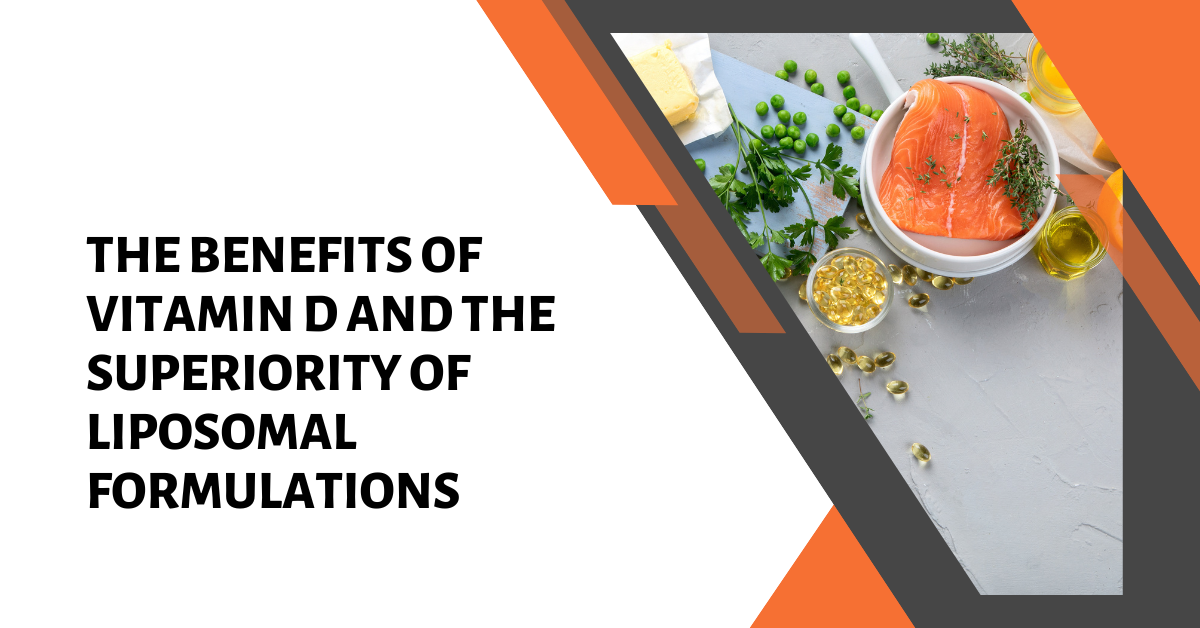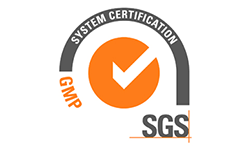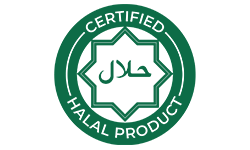Abstract
Vitamin D, often referred to as the “sunshine vitamin”, has long been acknowledged for its vital role in maintaining overall health. Its benefits span across various physiological functions, including immune regulation, cellular growth, and skeletal health. Traditional Vitamin D supplements have served as a convenient means of meeting daily Vitamin D requirements. However, CELLg8 has ushered in an era of liposomal formulations that enhance the bioavailability and efficacy of Vitamin D. This review explores the benefits of Vitamin D and elucidates how liposomal formulations serve as a superior method of Vitamin D supplementation.
Introduction
Vitamin D is a crucial nutrient involved in multiple physiological functions. Two forms of Vitamin D, D2 (ergocalciferol) and D3 (cholecalciferol), are the most important in humans. The main sources of Vitamin D are sunlight exposure, dietary intake, and supplementation. Vitamin D can be synthesized in the skin following exposure to ultraviolet-B radiation or consumed in the diet.
While dietary intake and sunlight exposure are valid sources of Vitamin D, they may not be sufficient due to factors such as geographical location, season, use of sunscreen, and dietary habits. Supplementation thus becomes critical to fill in the gaps.
The Benefits of Vitamin D
Vitamin D plays a key role in calcium homeostasis, contributing to the maintenance of healthy bones and teeth. It promotes the absorption of calcium and phosphorus in the gut, thereby enabling normal mineralization of bone.
It has also been noted that Vitamin D has a role in immune function. It enhances the pathogen-fighting effects of monocytes and macrophages — white blood cells that are part of the immune system. The role of Vitamin D in cellular growth is also noteworthy. It promotes normal cellular growth and differentiation throughout the body, helping maintain healthy tissue throughout the body.
Liposomal Formulation of Vitamin D: A Superior Alternative
While traditional Vitamin D supplements can help individuals meet their daily Vitamin D requirements, issues with bioavailability can sometimes limit their efficacy. Bioavailability refers to the extent and rate at which a substance is absorbed into a living system or made available at the site of physiological activity. Liposomal formulations of Vitamin D present a solution to this problem.
A liposome is a tiny bubble, made out of the same material as a cell membrane. Liposomes can encapsulate both hydrophilic and lipophilic substances, allowing for their efficient transport and absorption.
When Vitamin D is encapsulated within a liposome, it is protected from degradation in the gastrointestinal tract, which enhances its absorption. This protection not only increases the bioavailability of Vitamin D but also improves its stability, allowing for a more predictable and controlled release of the vitamin into the body.
While traditional Vitamin D supplements serve as a useful tool in working towards sufficient Vitamin D levels, CELLg8® liposomal formulations provide a more efficient method of delivery.
Research
15 healthy people were tested for their Vitamin D levels, then took a liposomal product with 125 mcg Vitamin D and 400 mcg Vitamin K for 30 days. On average, their Vitamin D levels increased by 73%, compared to a 16% average increase from non-liposomal Vitamin D supplementation. The increase was even greater for those who started with low Vitamin D levels, with an average increase of 112% in the liposomal vitamin D group.
The study shows that taking liposomal Vitamin D leads to better Vitamin D absorption, resulting in higher levels compared to traditional non-liposomal Vitamin D supplementation.
